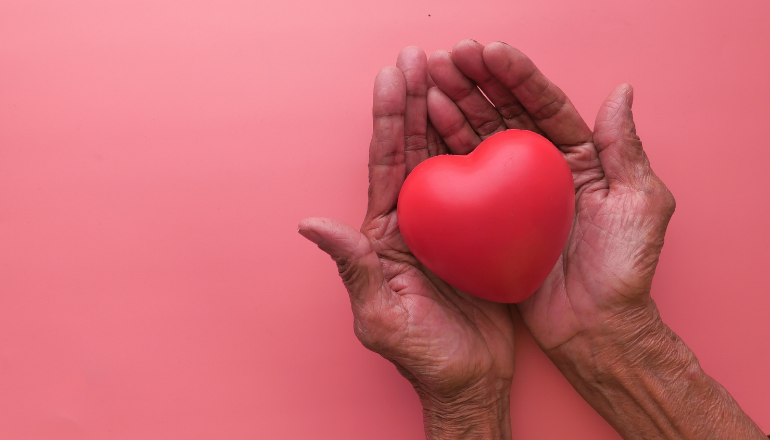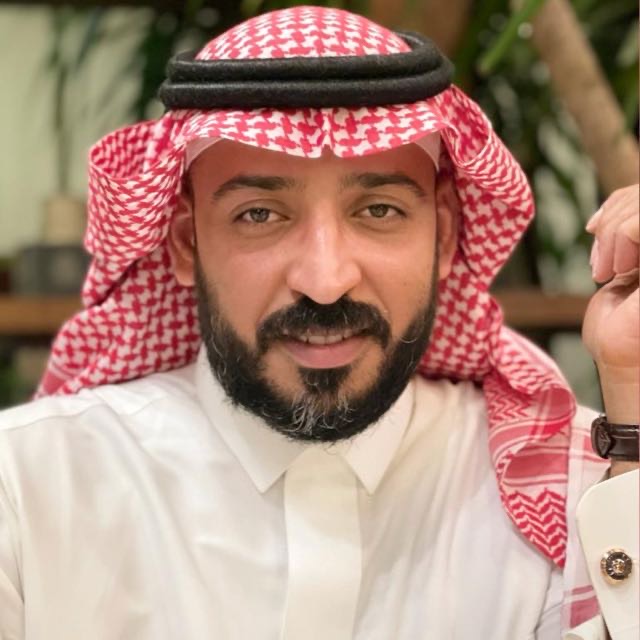Saudi Arabia creates donor registry, sociology alum speaks to organ shortage

The news Saudi Arabia created an organ donation registry and the Saudi King and Crown Prince became the first to register this past May sent ripples through the nation. The country witnessed its first transplantation of a kidney from a live donor in 1979 and created the Saudi Center for Organ Transplantation to supervise all national transplant activities in 1985, but organ donation has remained low over the years and stigma around organ transplantation persists.
It’s a health crisis that alum and Saudi Arabian citizen Abdulaziz Alkaltham, Ph.D. ‘21, knows intimately. He was far from home pursuing a master’s degree at Eastern Michigan University when he learned his mother had renal failure in 2007.
He remembers breaking down into tears. “I could not believe it,” he said. “I knew then what renal failure meant, but it felt like I was hearing about it for the first time.”
Though Saudis could donate organs, hospitals typically waited until patients were brain dead, Alkaltham said, then would have to ask the next of kin for permission to donate. The delay in this process resulted in many organs becoming inviable and families often refused to donate, he said.
His mother has been on dialysis ever since.

Alkaltham grappled with news of his mother’s diagnosis and three years later he got one of his own. After an ultrasound at the University of Michigan Hospital, he was surprised to learn he had renal agenesis—he was born with only one kidney. Most people with one kidney live healthy lives of a normal span, but for Alkaltham, the news felt like another punch to the gut.
“Being 30 years old and finding out I had only one kidney was shocking news to me.”
He feared his mother’s history of renal failure made him higher risk for end-stage renal disease, and he knew if anything happened to the one he had, his chances of getting another were slim.
“Being far away from my mother in her illness, a full-time Ph.D. student, husband, and a father of three in a different country—it was one of the most difficult times of my life.”
It was also a pivotal time in his life. He was then a Ph.D. student at Wayne State University in the Department of Sociology. After his diagnosis, he started dedicating all his time and research to understanding organ transplantation and Saudis’ attitudes toward organ donation.
Alkaltham returned to Saudi Arabia in 2020 to collect data for his dissertation. He was a lecturer at the Imam Muhammed Bin Saud Islamic University (IMSIU) where he distributed a questionnaire. 893 people who worked or went to school at IMSIU completed the questionnaire, their ages ranging from 18 to 63 years.
96% had not signed up to donate an organ prior to taking the survey. Nearly 71% of the participants were unwilling to sign up to become a donor. The reasons given ranged from religion to distrust of doctors and lack of knowledge about organ donation. 52% of respondents said they had never thought about it prior to the survey.
Then, in May 2021, the topic hit the national stage. Alkaltham called the announcement a “dream come true. I am very happy for all the patients who suffer from dysfunctional or failing organs. Today, they have a greater chance of getting organ transplants.”
Since the registry’s creation, 200,000 Saudis have registered to become donors—less than 1% of the national population, Alkaltham said. It’s a start, but he acknowledges there’s still more work to be done when it comes to changing public perception.
Now an assistant professor with his Ph.D. at IMSIU, Alkaltham continues his research on Saudis’ attitudes on the topic. In unpublished data from his most recent study, 55% of participants agreed to sign up for organ donation.
“So, I can say the public opinion on organ donation can be changed in Saudi Arabia, with more campaigns, access to information, awareness, and the increase of trust in the health system.”